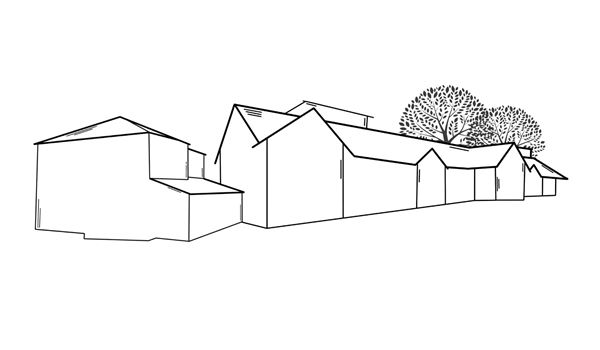Policy Statement
This practice does not prescribe diazepam (or other benzodiazepines) for the purpose of managing anxiety related to flying or for use prior to medical or dental procedures unless clinically justified under the care of a relevant specialist. This policy is based on national guidelines, safety concerns, and medico-legal considerations.
Rationale
Benzodiazepines such as diazepam are commonly requested for situational anxiety, particularly related to air travel or medical procedures. However, prescribing these medications in such circumstances poses significant risks to patients and others. The following outlines our reasons for this policy:
1. Safety and Side Effects
- Sedation and Impaired Function: Benzodiazepines can cause excessive sedation, disinhibition, dizziness, confusion, and poor coordination, increasing the risk of falls or injury (BNF, NICE).
- Respiratory Depression: At altitude, particularly in people with underlying respiratory conditions, diazepam can exacerbate hypoxia and cause respiratory depression.
- Increased Risk in Combination with Alcohol: Use with alcohol (common during flights) can dangerously increase sedation and respiratory suppression.
2. Risk of Deep Vein Thrombosis (DVT)
- Diazepam contributes to immobility during flights, increasing the risk of venous thromboembolism. This risk is particularly relevant on long-haul journeys (NICE CKS, 2023).
3. Unpredictable Effects
- Some individuals may experience paradoxical agitation, aggression, or behavioural disinhibition, potentially endangering crew and passengers (MHRA safety updates).
4. Controlled Drug with Misuse Potential
- Diazepam is a Schedule 4 controlled drug. It carries a risk of dependence, especially when used intermittently without proper monitoring.
- Prescribing it without an ongoing therapeutic relationship (e.g., a one-off request) is considered poor practice under GMC and CQC guidance.
5. Legal and Ethical Considerations
- Airlines often have strict policies prohibiting boarding under the influence of sedatives, and some may require fitness-to-fly documentation.
- Prescribing a sedative without a face-to-face assessment may place the prescriber at medico-legal risk if adverse events occur during travel.
6. No Endorsement in Guidelines
- NICE, CKS, and NHS England do not support the use of benzodiazepines for non-medical anxiety or for fear of flying.
- Cognitive behavioural therapy (CBT) and structured fear-of-flying courses have stronger evidence for long-term effectiveness.
Recommendations and Alternatives
Patients with anxiety about flying or medical procedures should be offered:
- Referral for CBT or counselling.
- Self-help resources or online fear-of-flying programmes (e.g., BA Flying with Confidence).
- Discussion about alternative non-benzodiazepine strategies for managing anxiety.
- Referral to secondary care where sedation is medically necessary (e.g., for procedural sedation under a hospital or dental team).
References
- British National Formulary (BNF). Benzodiazepine monograph.
- NICE Clinical Knowledge Summary: Generalised anxiety disorder and panic disorder in adults (2023).
- MHRA. Drug Safety Update: Benzodiazepines – risk of sedation, falls, and dependence.
- NHS England. Items which should not routinely be prescribed in primary care: Guidance for CCGs (Updated 2023).
- GMC. Good practice in prescribing and managing medicines and devices.
- CAA & Airline guidance on sedation and passenger safety.
Conclusion
Prescribing diazepam for air travel or minor procedure-related anxiety is not safe, evidence-based, or appropriate in general practice. This policy supports evidence-based, ethically sound, and legally robust prescribing practices.
